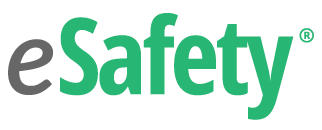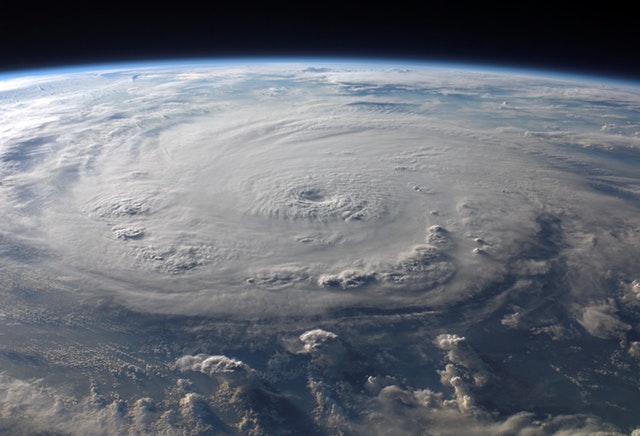Hurricanes are disastrous in so many ways. What many people don’t know, however, is that a majority of the injuries and deaths caused by hurricanes happen after the hurricane has passed. You likely know what you need to do to prepare for the storm: ensure your windows and doors are secured, move to high ground, make sure you have a supply of non-perishable food and water, but what happens after the hurricane has passed? Here are a few safety tips to keep in mind for after the storm hits, so you can keep yourself, and your family safe.
Stay inside
One of the leading causes of fatalities after a storm hits is people going outside before it’s safe. Even though it’s tempting to go outside and try to survey the damage, you need to remain indoors until an official “all clear” has been given. If you evacuated during the hurricane, don’t go back to your home until the “all clear” has been given. Even after a hurricane has passed there is often the chance that a tornado, or other deadly weather disasters might occur, so it’s safest to simply wait until you’re absolutely sure you’re not putting yourself in danger.
Avoid downed power lines
Downed power lines are one of the most dangerous things you’ll encounter after a hurricane. Because of heavy flooding and large pools of water, they’re made even worse. When you get the all-clear to go outside or return to your home, first check for downed power lines. If you see any that are live, be sure to report them. If you’re not sure if the line is live or not, act as if it is. Stay away from the area and avoid any puddles or bodies of water the line is close to or touching.
Report any other hazards
If you see any other hazards, such as overturned gas tanks, broken gas or water mains, or dangerous broken fuel or gas lines, be sure to report them immediately and avoid the area until officials can get the danger under control. While you probably want to get to work restoring your home as soon as possible, it’s not worth risking your life. You may need to be patient as authorities will be servicing the entire affected area.
Check for spoiled food
One of the leading causes of illness after a hurricane or natural disaster is people eating foods that spoiled while the power was out. Keep yourself safe by sticking to non-perishables and checking food thoroughly before eating it. Immediately throw away any spoiled food so no one else eats it by accident.
Avoid candles, grills, and propane cook stoves
Until you can determine there are no gas or fuel leaks, don’t use anything flammable to cook your food or light your home. Lighting a propane cook stove or grill could set off an explosion if there are leaks, as can candles. Instead, choose to work with flashlights and avoid cooking food at home until your house has been checked for gas and fuel leaks. Stick with non-perishable foods like bread, bottled water, peanut butter, and other things you don’t need to cook.
It takes time and help
Hurricanes are devastating. It’s understandable you want to move on and get your life back to normal as soon as possible, but for your safety, please wait for professional help when it comes to major safety concerns. While we hope situations like hurricane Harvey and Irma never happen again, it is important to be prepared and know what to do in the event of, and after, a devastating natural disaster like this.
If you would like to help those affected by Hurricane Harvey, follow this link for a list of vetted and approved organizations who are working to help the victims of this disaster. The American Red Cross is also accepting donations for victims of Hurricane Harvey and Hurricane Irma.

On a personal note, the eSafety family would like to send their love to the Caribbean island of St. Thomas, USVI. Please remember the devastation of a hurricane doesn’t end after the storm, especially for areas that thrive on tourism and travel.
You are in our thoughts and prayers, and we will see you again soon.

